 Are you in the market for a new house or apartment? If you are financing the purchase by taking out a mortgage, you’ll want to know how to make this transaction run as smooth as possible. In today’s article, we’ll share a quick four-step guide to speeding up the mortgage closing process.
Are you in the market for a new house or apartment? If you are financing the purchase by taking out a mortgage, you’ll want to know how to make this transaction run as smooth as possible. In today’s article, we’ll share a quick four-step guide to speeding up the mortgage closing process.
Step #1: Check In On Your Credit Score
The first step before applying for your mortgage is to check in on your credit. Request a copy of your credit score and history from one of the major reporting firms. Go over this report, paying close attention to any old or outstanding items that you may have already dealt with. Many individuals have old delinquencies that must be challenged to be removed from the report, so take care of these first before applying.
Step #2: Have All Your Documents Prepared
As with any loan, taking out a mortgage requires a small mountain of paperwork. The best way to speed this process up is to have all of your financial documentation ready for inspection and use by the lender.
Note that each mortgage provider has different requirements for what you’ll need. A brief list of some items which are commonly requested includes your current employment details, recent pay stubs, recent W-2 forms or tax returns, proof of self-employment or other means of income, asset details such as bank accounts and investments and debt information such as other mortgages, student loans and more.
Step #3: Have An Offer Ready
If you have already settled on the home that you want to buy, it’s best to get your offer prepared in advance of being fully approved for mortgage financing. Your real estate agent will be able to help with crafting an offer that is subject to the home passing an inspection. It’s especially important to have an offer ready in the event that other buyers are competing for the same home that you are.
Step #4: Get The Inspection Finished Promptly
While your lender is completing the home appraisal process, you should be having the home inspected. Getting the inspection completed promptly will prevent any delays due to problem areas that might be uncovered. For example, a pest problem like termites may need to be dealt with, or minor repairs to the roof structure may need to be scheduled.
Following the steps above will help to ensure that your mortgage closing process goes as smoothly as possible. To learn more, contact your local real estate professional today.
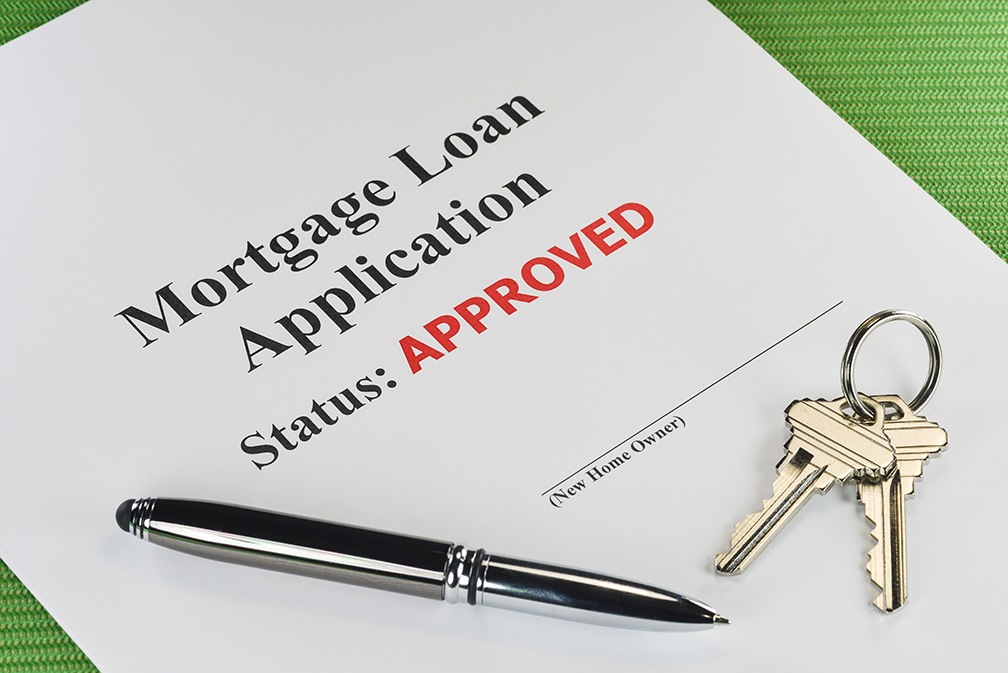 Are you in the market for a new home? If you are going to rely on mortgage financing to cover some of the purchase cost, you will need to start the application process as soon as possible. However, what if you just need to know how much you will be able to borrow so you can start finding homes in your price range?
Are you in the market for a new home? If you are going to rely on mortgage financing to cover some of the purchase cost, you will need to start the application process as soon as possible. However, what if you just need to know how much you will be able to borrow so you can start finding homes in your price range? Have you been considering a mortgage for your next home purchase? As with any loan or financial product, there are a variety of fees and costs you may incur in the process of closing your mortgage. In today’s post, we’ll explore a few of these potential fees and the situations in which you may encounter them. Let’s get started!
Have you been considering a mortgage for your next home purchase? As with any loan or financial product, there are a variety of fees and costs you may incur in the process of closing your mortgage. In today’s post, we’ll explore a few of these potential fees and the situations in which you may encounter them. Let’s get started!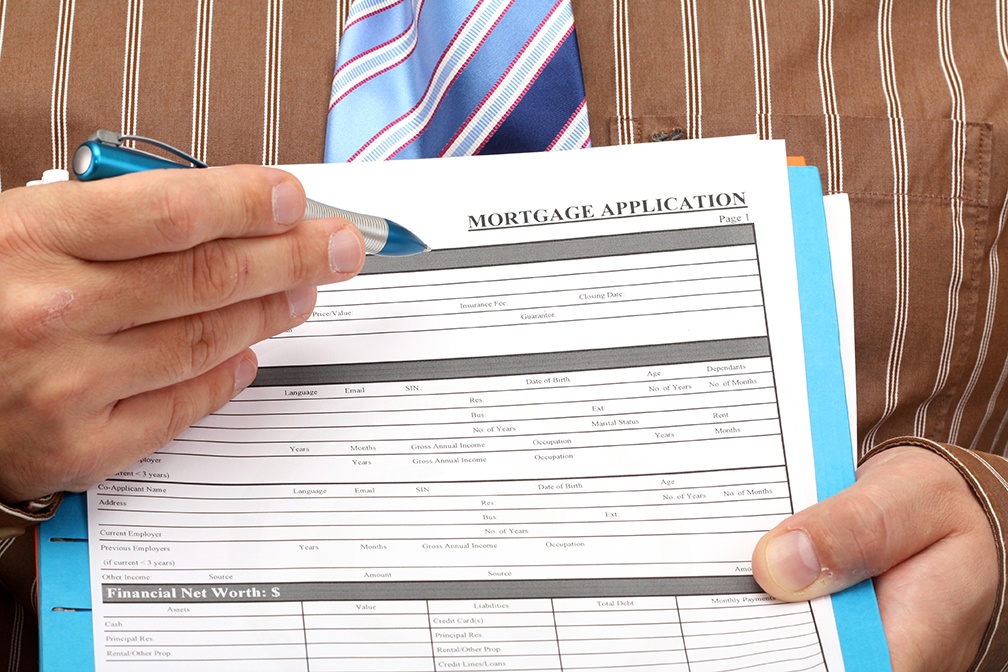 Are you thinking about buying a new house? Whether you’re a first-time or experienced buyer, if your credit score isn’t looking too hot it can affect how much mortgage financing you receive – or whether you’re approved at all! But don’t fret. It’s still possible to get a mortgage approved, even with credit issues. Below we’ll share a few ways that you can get a mortgage loan even if your credit is less than perfect.
Are you thinking about buying a new house? Whether you’re a first-time or experienced buyer, if your credit score isn’t looking too hot it can affect how much mortgage financing you receive – or whether you’re approved at all! But don’t fret. It’s still possible to get a mortgage approved, even with credit issues. Below we’ll share a few ways that you can get a mortgage loan even if your credit is less than perfect. Are you shopping around for a new house or apartment? One of the key considerations you will need to make is figuring out how much you want to invest in your new home. Below you’ll find our quick and easy guide to determining just how much “house” you can afford. Let’s get started!
Are you shopping around for a new house or apartment? One of the key considerations you will need to make is figuring out how much you want to invest in your new home. Below you’ll find our quick and easy guide to determining just how much “house” you can afford. Let’s get started!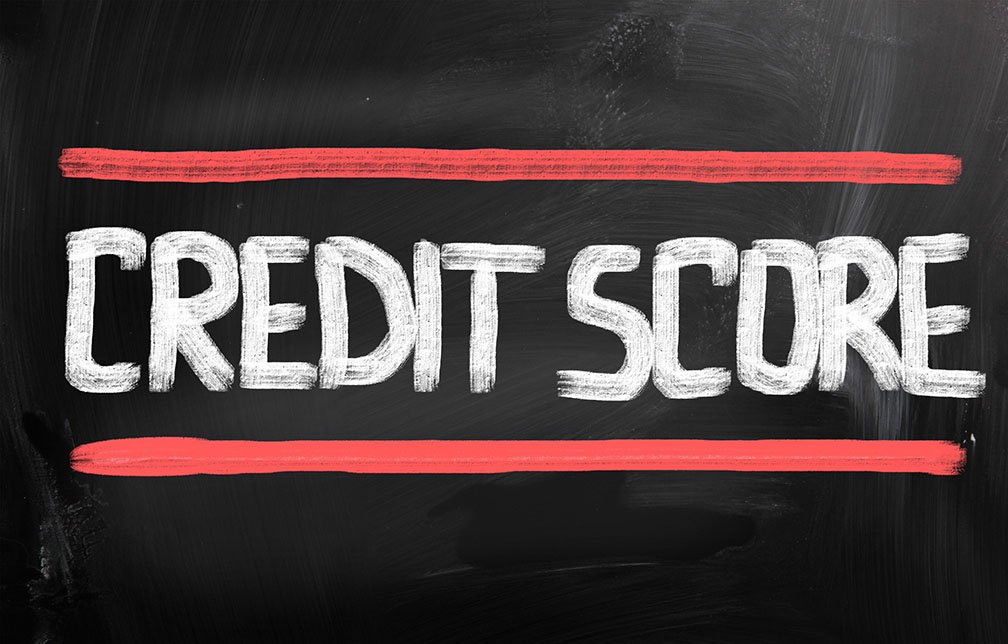 Many people all over the world are dealing with issues involving debt or poor credit history, but most aren’t necessarily aware of what exactly makes up their credit score. Unfortunately, it might seem like it’s the big stuff that counts when it comes to credit, but little things can have a significant impact on your financial health. If you’re looking to improve your understanding and your finances, here’s what you need to know about small mistakes and your FICO score.
Many people all over the world are dealing with issues involving debt or poor credit history, but most aren’t necessarily aware of what exactly makes up their credit score. Unfortunately, it might seem like it’s the big stuff that counts when it comes to credit, but little things can have a significant impact on your financial health. If you’re looking to improve your understanding and your finances, here’s what you need to know about small mistakes and your FICO score.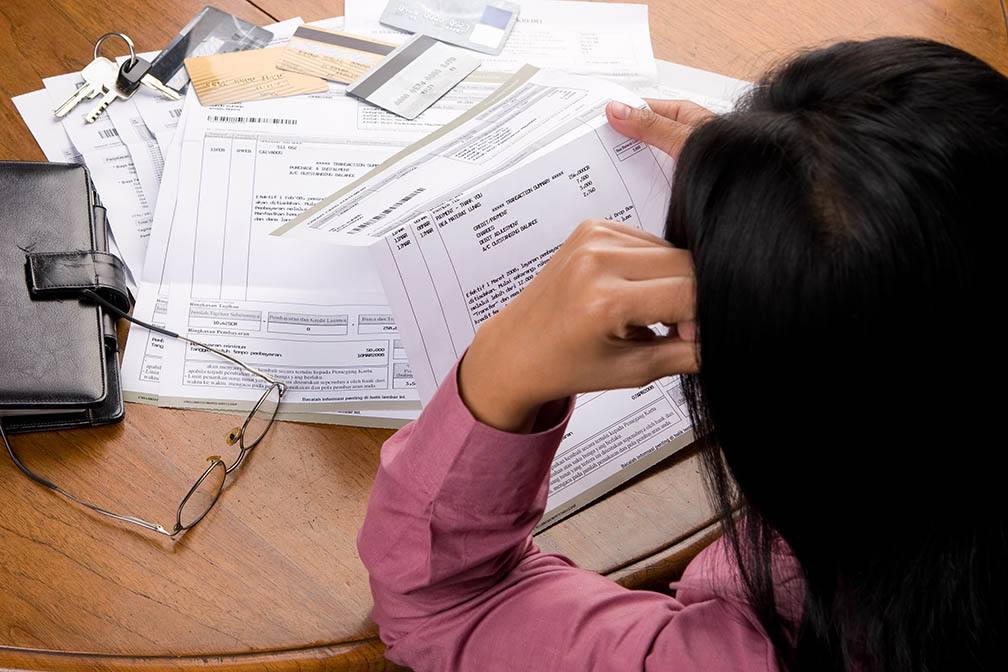 It may feel like a daunting task to consider buying a home after you’ve declared bankruptcy, and there’s no doubt that it’s an uphill battle. Fortunately, while you’ll have hard work ahead, there are things you can do in order to make your dream of home ownership a possibility. Whether you’ve just declared bankruptcy or some time has passed, here are some things you should consider before getting into the market.
It may feel like a daunting task to consider buying a home after you’ve declared bankruptcy, and there’s no doubt that it’s an uphill battle. Fortunately, while you’ll have hard work ahead, there are things you can do in order to make your dream of home ownership a possibility. Whether you’ve just declared bankruptcy or some time has passed, here are some things you should consider before getting into the market. Finding the right home and the right mortgage can take a lot of time and energy, so it’s important to consider whether you’ll be prepared for approval before diving into the process. Whether you’ve had some financial setbacks or you just want to have an idea ahead of time, here are some ways to quickly determine if you’ll be pre-approved for a mortgage.
Finding the right home and the right mortgage can take a lot of time and energy, so it’s important to consider whether you’ll be prepared for approval before diving into the process. Whether you’ve had some financial setbacks or you just want to have an idea ahead of time, here are some ways to quickly determine if you’ll be pre-approved for a mortgage. There are so many details involved in the mortgage process that you may not be aware of what pre-approval is if you’ve just entered the market. However, pre-approval assesses your ability to make monthly mortgage payments and can be an important first step in the home-buying process. If you’re currently contemplating a home purchase, here’s why you may want to consider pre-approval first.
There are so many details involved in the mortgage process that you may not be aware of what pre-approval is if you’ve just entered the market. However, pre-approval assesses your ability to make monthly mortgage payments and can be an important first step in the home-buying process. If you’re currently contemplating a home purchase, here’s why you may want to consider pre-approval first.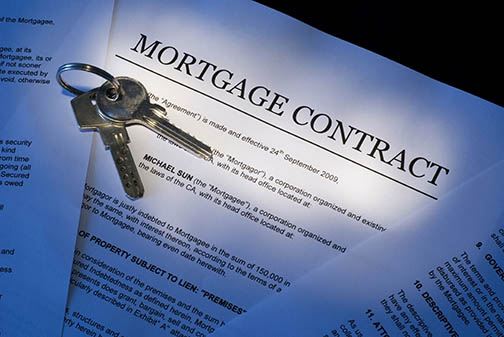 If you have a good credit history and are prepared to invest in a home, you may be feeling pretty confident about the mortgage process. However, it’s important to be aware that there are things that can have a negative impact on your application. Whether you’ve just submitted your documents or are getting close to it, here are some things you may want to avoid.
If you have a good credit history and are prepared to invest in a home, you may be feeling pretty confident about the mortgage process. However, it’s important to be aware that there are things that can have a negative impact on your application. Whether you’ve just submitted your documents or are getting close to it, here are some things you may want to avoid.